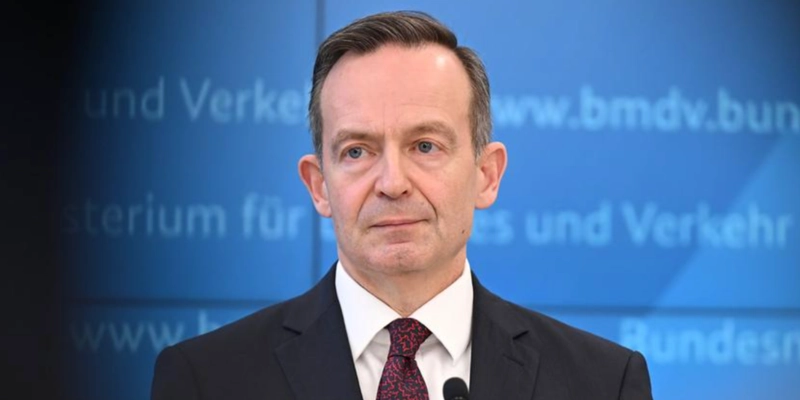In September of last year, within the context of the prevailing budget crisis, the government launched the first call for the programme called “Non-public Rapid Charging Infrastructure for Commercial Enterprises.”
However, in April of this year, they decided to suspend it, and out of the 1,055 companies that applied for the aid, only 136 were approved, amounting to just 12.3 of the 400 million euros promised in funding.
The reason for the cancellation and cuts in many electric mobility financing initiatives is that, following the Federal Constitutional Court ruling in mid-November, the leaders had to agree on the budgetary implications.
Now, a month later, the Federal Ministry of Transport (BMDV) has decided to resume the subsidy, intending to allocate a further 150 million euros soon.

According to Wulf Schlachter, CEO of DXBe Management, as stated to Mobility Portal Europe, this could be due to “pressure from the industry in case of the European Union (EU) law” on CO2 reduction in commercial vehicles.
In mid-May, the Commission defined new measures, including a 45 per cent decrease during 2030-2034 and a 65 per cent reduction during 2035-2039, reaching 90 per cent by 2040, compared to 2019 levels.
These will apply to heavy trucks over 7.5 tonnes and buses, a sector responsible for more than 25 per cent of the greenhouse gas emissions from road transport in the EU.
The new BMDV funding call is scheduled for 3 June and is aimed at the transport and logistics sector, craft and commercial enterprises, and fleet users.
In addition to charging points for electric cars, support should also be provided for eTruck “refueling”, as detailed by the Transport Minister, Volker Wissing, Federal Minister for Digital and Transport, to the Rheinische Post.
According to the information provided, small and medium-sized enterprises will receive up to 40 per cent of the subsidy, and large companies up to 20 per cent.
This budget is intended for investments in rapid charging infrastructure, technical equipment, grid connection, and the installation of electrical cables.
The points must be located in the country, and the electricity must come from renewable energies.
All applications from affiliated companies may not exceed a total amount of 30 million euros.
The subsidy based on this call is limited to five million euros per application, regardless of the number of rapid chargers required.
Non-eligible expenses include, among others, third-party planning service costs.
The financing of leasing fees or rental expenses for charging stations is also excluded.
Moreover, accumulation with other funding is not permitted.
“With it, we support the development of their own rapid infrastructure and thus support companies in the transition to climate-friendly and future-oriented mobility,” said Wissing in the BMDV statement.
The acquisition and installation must take place within 18 months of receiving the approval notice, and an extension is only possible in justified exceptional cases.
These back-and-forth actions by the ministry are far from generating certainty in the sector.
In this context, Marc-Oliver Prinzing, Chairman of the Board of the Bundesverband Betriebliche Mobilität e. V. (BBM), told Mobility Portal Europe: “Planning security and reliability are important criteria when companies invest.“

Therefore, he emphasises that “the right priorities must be chosen if a mobility turnaround is wanted.”
In this regard, the deployment of charging infrastructure in companies and public spaces is relevant.
“Thus, the BMDV initiative makes sense, and we welcome the fact that the suspension of funding has been withdrawn and that it will be resumed on June 3,” he emphasises.
What are the sector’s expectations?
According to the expert, it is awaited that the framework conditions, such as the charging infrastructure, will continue to improve and that billing modalities will be simplified and standardised “as far as possible.”
Undoubtedly, it can be expected that the 150 million euro budget will be quickly exhausted.








